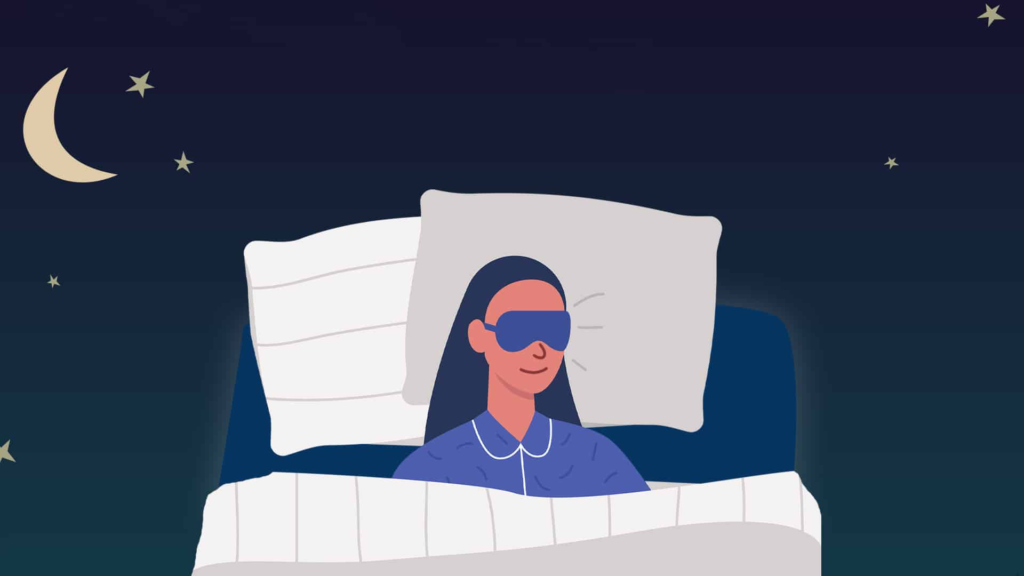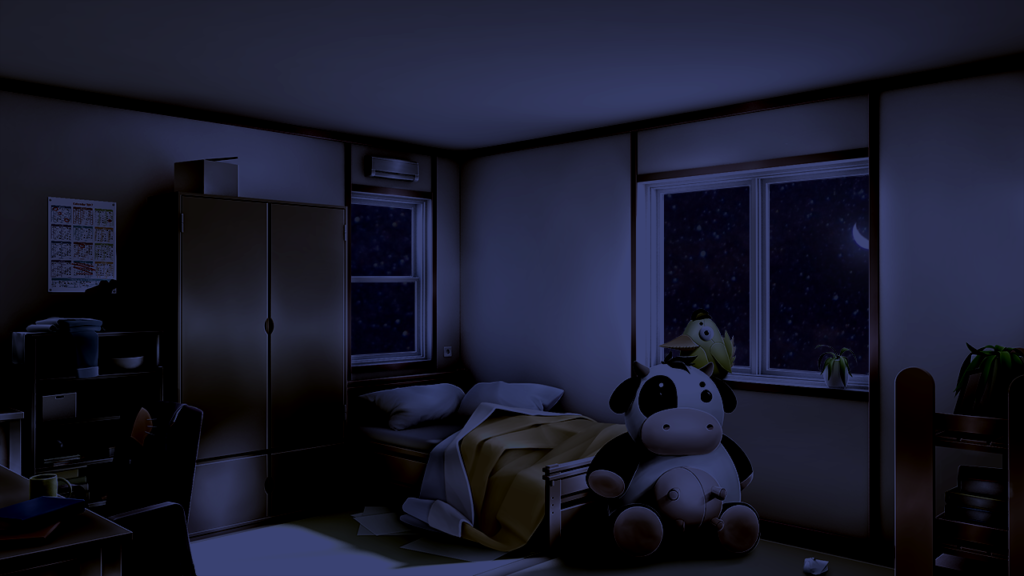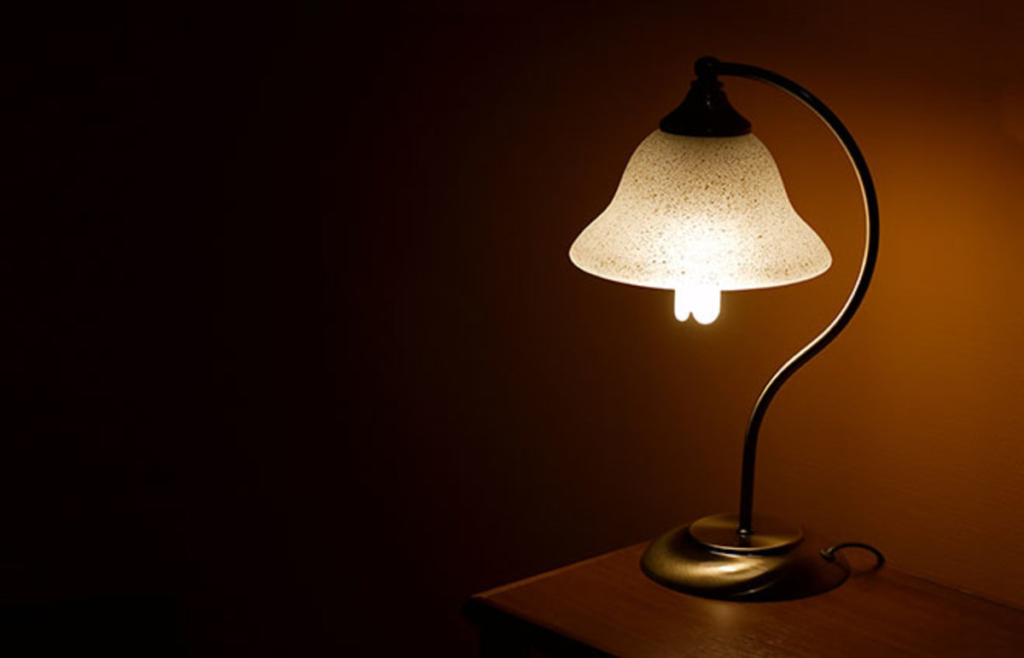How to Get a Good Night’s Sleep?

Getting sufficient and quality sleep is essential for mental and physical health. Despite sleep being important, 60% of adults are having trouble getting quality sleep. Many of them feel sleepy during the day.
Though there’s a wide range of sleeping problems like insomnia, narcolepsy and sleep apnea which needs medical diagnosis and intervention, some sleeping problems arise due to lifestyle issues.
Some common lifestyle issues are sleeping late, using gadgets before sleep, leaving the room brightly lit while sleeping and many more.
Below are a handful of concrete steps which promote more restful sleep:

1. Keep the sleeping room cool and dark.
- Experts agree that the best temperature for the room is 15.6 to 19.4 degrees Celsius) for a good comfortable sleep.

2. Sleeping on time in peace and quiet
- Sleep at around the same time every day. Changing your sleep timing and patterns everyday can affect your sleep quality.
- Alternatively, run sleep music for a period of time to help create a relaxing, calm and peaceful environment for sleep.

3. Choose right pillow type according to your sleep position.
- If you are a side sleeper, your pillow should comfortably support your head, neck, and ear as well as your shoulder.
- If you sleep on your back, consider a thinner pillow to limit stress on the neck.
4. Declutter bedroom

- A study presented at the June 2015 SLEEP conference in Seattle suggests that those surrounded by clutter were more likely to have a sleep disorder.
5. Dim the lights 1-2 hours before sleeping

- Use lamps, a dimmer switch and candles to create a more serene setting. Avoid using bright overhead lights as it affects the body’s circadian rhythm.
6. Limit exercises, caffeine and alcohol later in the day.

- Avoid exercising early and limit caffeine in the form of coffee, tea, and soda.
- As the afternoon winds down, avoid foods that upset your stomach such as spicy and oily food.
- Avoid drinking alcohol late in the day as it can diminish sleep quality.

7. Expose oneself to natural light during the day.
- Getting sufficient vitamin D can improve sleep.
- Getting enough natural light during the day will also keep your body clock on a healthy sleep-wake cycle.

8. Ramp down on office work after office hours.
- Try not to read (or send) work emails after dinner as each new mail/ message represents another decision one has to undertake, keeping the mind active. This can also trigger anxiety and stress if the task is complicated.
- Practice mindfulness and meditation before sleep to reduce stress.
Hope the sleep tips help you rest better!

References:
1. 8 secrets to a good night’s sleep. Harvard Health Publishing School.
2. How to fall asleep faster and sleep better. National Health Service, UK.
3. SLEEP 2015 Annual Meeting, Seattle, Washington. Sleep Research Society.







